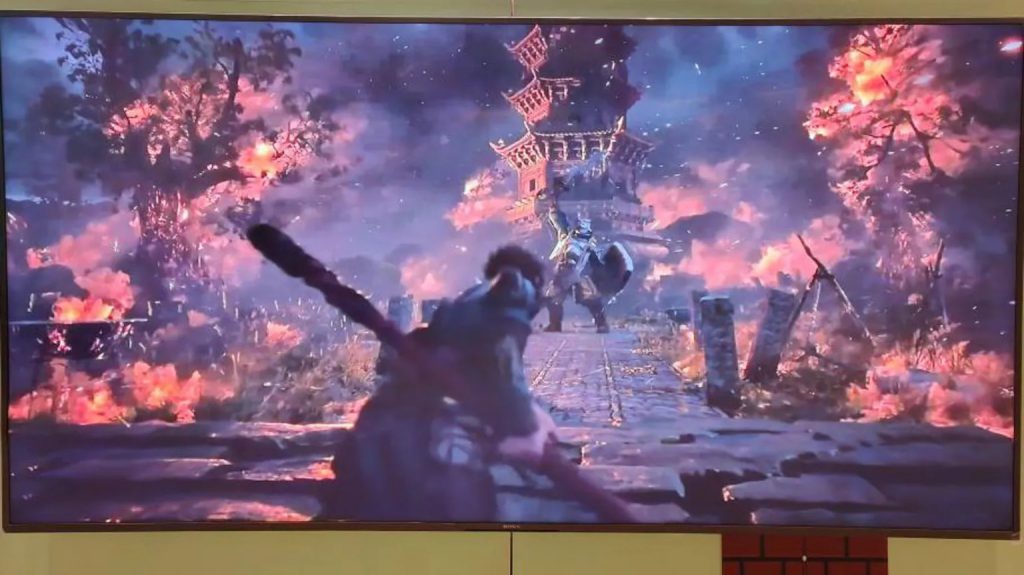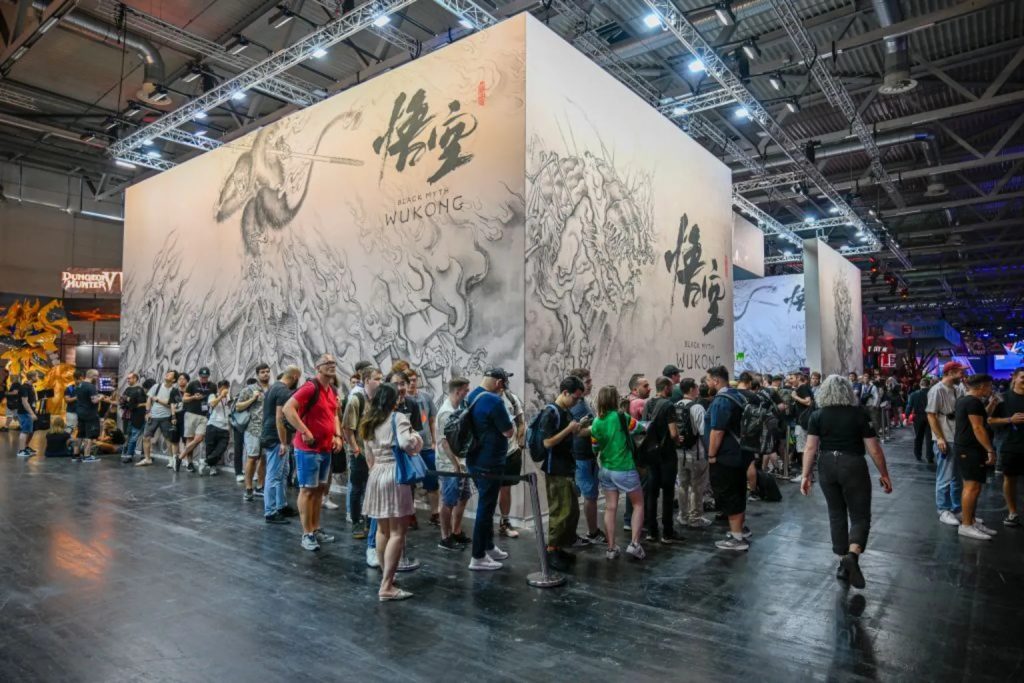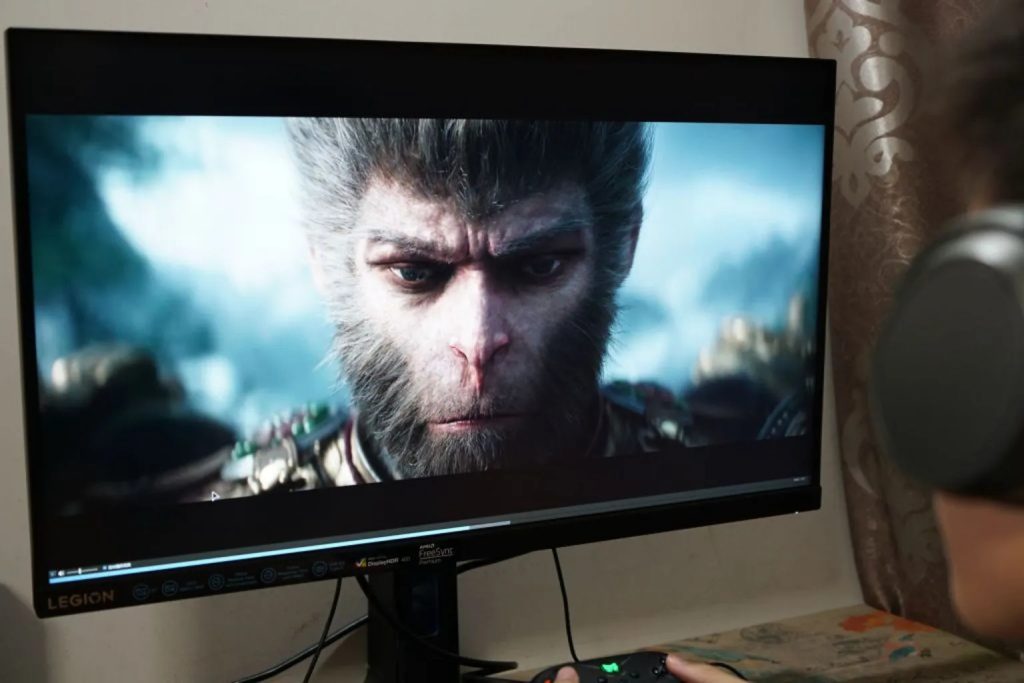No products in the cart.
Viraldes News
Black Myth: Wukong – A Chinese Blockbuster Game that Ignited Global Hype and Controversy
The Rise of Black Myth: Wukong—A Global Phenomenon
Black Myth: Wukong has taken the gaming world by storm, quickly becoming one of the most successful Chinese video games of all time. Drawing inspiration from the classic 16th-century Chinese novel, Journey to the West, the game allows players to step into the shoes of “the Destined One,” an anthropomorphic monkey with supernatural powers, reminiscent of Sun Wukong, the Monkey King. With its high-end graphics and sophisticated game design, Black Myth achieved immediate success, breaking records on the popular streaming platform, Steam. Within just 24 hours of its release, the game attracted over 2.1 million concurrent players and sold more than 4.5 million copies. The game has been hailed as a breakthrough in bringing Chinese mythology and culture to a global audience, becoming a source of national pride within China and beyond.

A Cultural Showcase on the Global Stage
Black Myth: Wukong is more than just a game; it’s a cultural phenomenon. As the first AAA release from the Chinese video game industry, it has garnered international attention, not just for its gameplay but for its rich cultural heritage. The game is deeply rooted in Chinese mythology, drawing heavily from Confucianism, Taoist, and Buddhist folklore. The success of Black Myth has led to a surge in interest in Chinese culture, particularly in the regions depicted within the game. The Department of Culture and Tourism in Shanxi Province capitalized on the game’s popularity, releasing promotional videos that sparked a tourism boom, dubbed “Wukong Travel.” This phenomenon underscores the game’s significance as a tool for cultural rediscovery, showcasing Chinese traditions, mythology, and real-life locations to the world.
Controversy and Censorship: A Divided Gaming Community
Despite its success, Black Myth: Wukong has not been without controversy. Ahead of its release, content creators and streamers revealed that a company affiliated with the game’s developer had sent them a list of prohibited topics to avoid while livestreaming. These topics included “feminist propaganda,” “fetishisation,” and other content deemed to instigate negative discourse. This directive, perceived by many as an attempt to stifle freedom of speech, sparked a backlash within the gaming community. Some content creators refused to review the game, while others deliberately defied the warnings, discussing sensitive topics like China’s one-child policy during their streams. The controversy was further fueled when Chinese social media platform Weibo banned 138 users for violating its guidelines in discussions related to the game. While the directive has raised concerns about censorship, some believe it was more of a precautionary measure by the game’s developers to avoid potential backlash from Chinese authorities.

The Impact of Controversy on Black Myth’s Success
Despite the controversies surrounding its release, Black Myth: Wukong has continued to thrive, both in terms of sales and reception. The game generated $53 million in presales alone and went on to sell millions more within its first day on the market. On various platforms like Weibo, Reddit, and YouTube, the overwhelming majority of comments celebrate the game’s success, often dismissing the controversy as overblown. Industry experts, such as Professor Haiqing Yu from RMIT University, have described Black Myth as a significant success for both the Chinese digital media industry and the global gaming market. Yu argues that the game represents a successful example of how to tell a Chinese story on a global stage, expanding the reach of Chinese cultural influence. The controversy, in her view, is less about government censorship and more about the developers’ efforts to navigate the complex political landscape of Chinese digital media.
Navigating the Complexities of Chinese Censorship
The controversy surrounding Black Myth: Wukong has raised important questions about censorship in the Chinese video game industry. While some have accused the developers of attempting to silence dissent, others, like Professor Yu, believe that the list of “Dos” and “Don’ts” was more likely a protective measure taken by the company to avoid potential issues with Chinese authorities. In a country where digital media is closely monitored, companies often take preemptive steps to ensure they remain in compliance with government regulations. This situation highlights the challenges that Chinese game developers face in balancing creative expression with the realities of operating within a tightly controlled media environment. Ultimately, the success of Black Myth: Wukong demonstrates that even in the face of controversy, Chinese video games have the potential to achieve global acclaim and influence, paving the way for future titles that showcase the richness of Chinese culture to the world.
We’re thrilled to introduce the exclusive Black Myth Wukong Hoodie for all fans. 🎉 Don’t miss out – grab yours today!
👉 EXPLORE THE BLACK MYTH WUKONG COLLECTION TODAY!
From Viraldes


